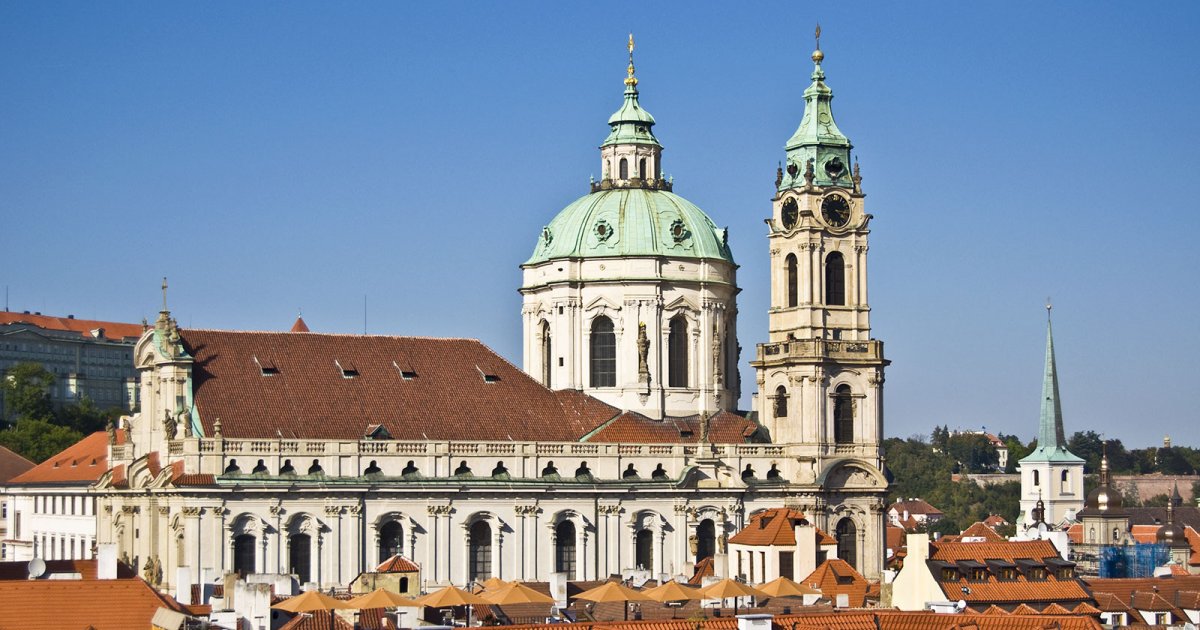Cristoph and Kilian Dientzenhofer
 Language: English / USA
Language: English / USA
Christoph Dientzenhofer (1655-1722) was a German architect whose work was clearly influenced by Italian architects Borromini and Guarini, suggesting the possibility that he had traveled to Italy. Specialized in sacred buildings, he mainly worked on churches for religious orders in Prague, where he died in 1722.
His son, Kilian Ignaz Dientzenhofer (Prague, 1689-1751), also excelled in architecture, influenced by his father, from whom he learned the trade as a mason. After studies and travels abroad, he collaborated with architects such as Fischer von Erlach and Hildebrandt. After his father's death, he continued with his projects, standing out for the Church of the Abbey of Legnickie Pole. In 1730, Emperor Charles VI appointed him court architect, and in 1737 he was designated builder of the upper fortress. Kilian Ignaz developed a prolific career merging Bohemian traditions with the Viennese court style. His legacy includes numerous works in Bohemia, Moravia, and Silesia, being a key figure in the architectural landscape of Prague. After his death, many of his projects were completed by his son-in-law Anselmo Lurago.


